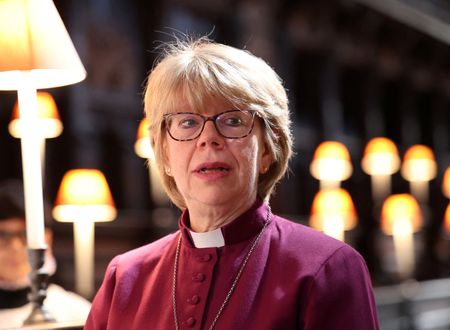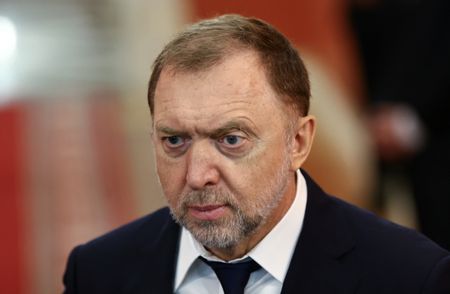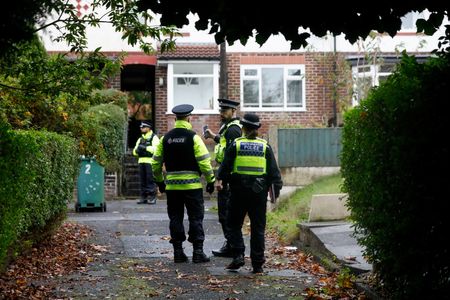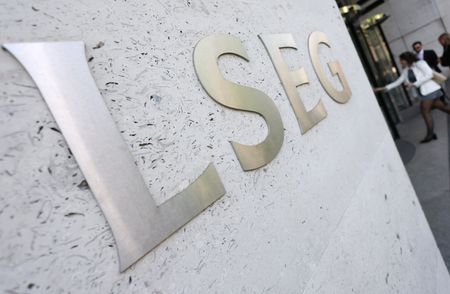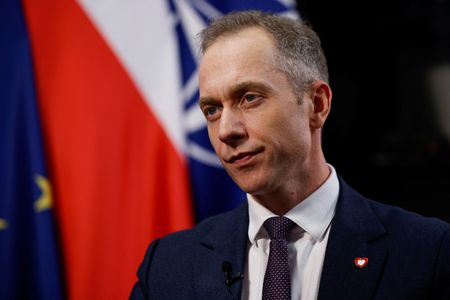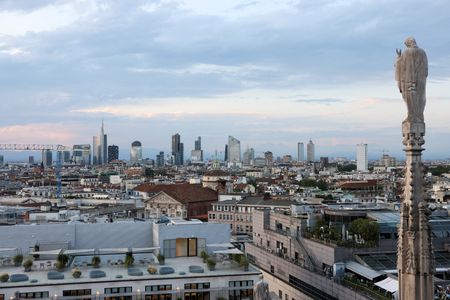MOSCOW (Reuters) -Russia’s service sector saw business activity contract sharply in September, marking the steepest decline since December 2022, as a renewed drop in new orders weighed on output, a survey showed on Friday.
The S&P Global Russia Services PMI Business Activity Index fell to 47.0 in September from 50.0 in August, indicating a contraction in activity. A reading above 50 signals growth, while below 50 indicates contraction.
The downturn was driven by the sharpest fall in new orders since December 2022, with firms citing reduced customer numbers and lower purchasing power. Despite this, employment rose at the fastest pace since January 2024, as businesses aimed to clear backlogs and prepare for potential future demand.
Input costs increased at the quickest rate in five months, driven by higher supplier, wage, and utility expenses. However, firms moderated the rise in output charges to remain competitive, despite the pressure on margins.
“Business confidence strengthened slightly, reflecting hopes for greater economic stability and an increase in customer numbers,” the report noted.
The composite PMI, which includes both manufacturing and services, dropped to 46.6 in September from 49.1 in August, marking the sharpest fall in private sector output since October 2022.
The data underscores ongoing challenges in the Russian economy, with both manufacturing and services sectors facing headwinds from declining demand and rising costs.
(Reporting by Gleb Bryanski; Editing by Toby Chopra)





